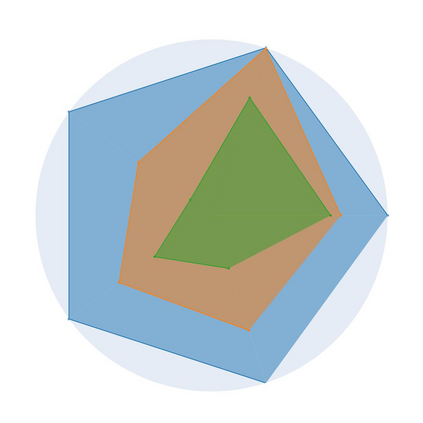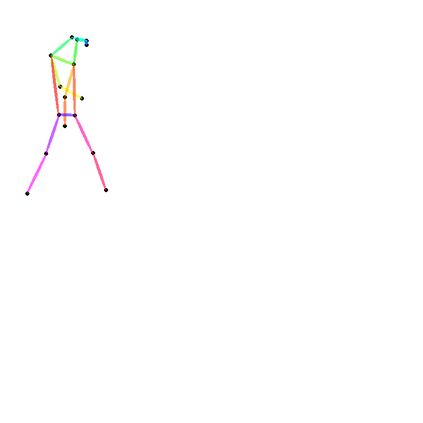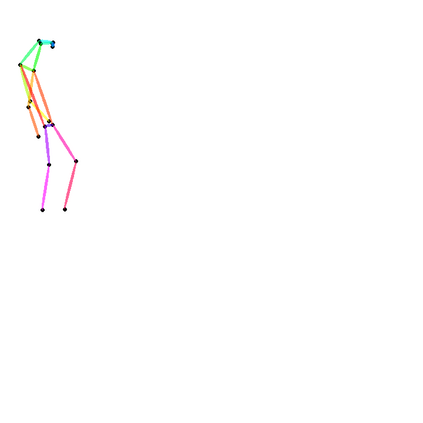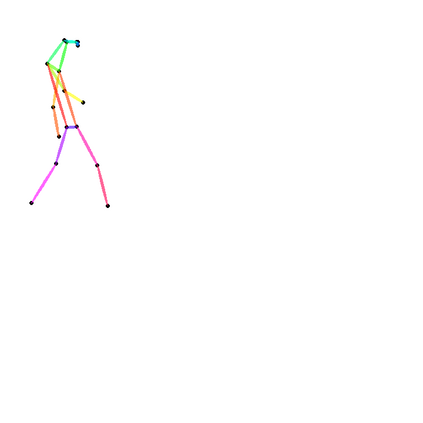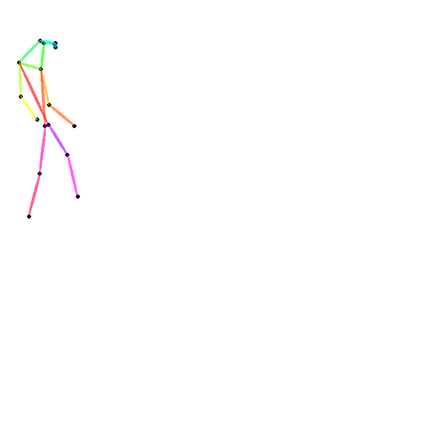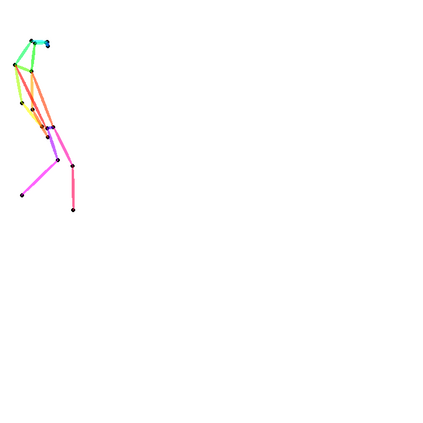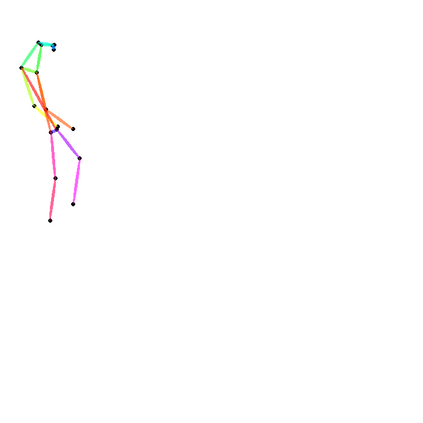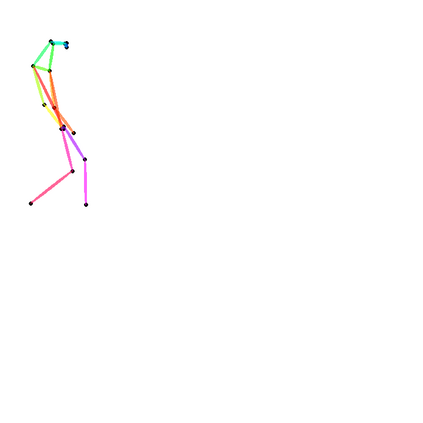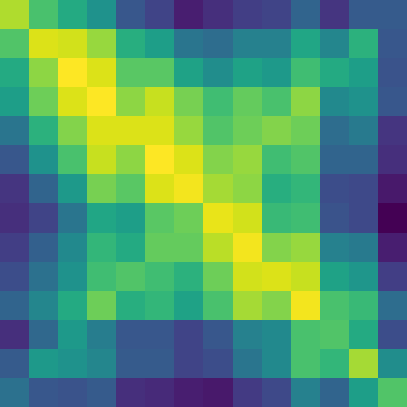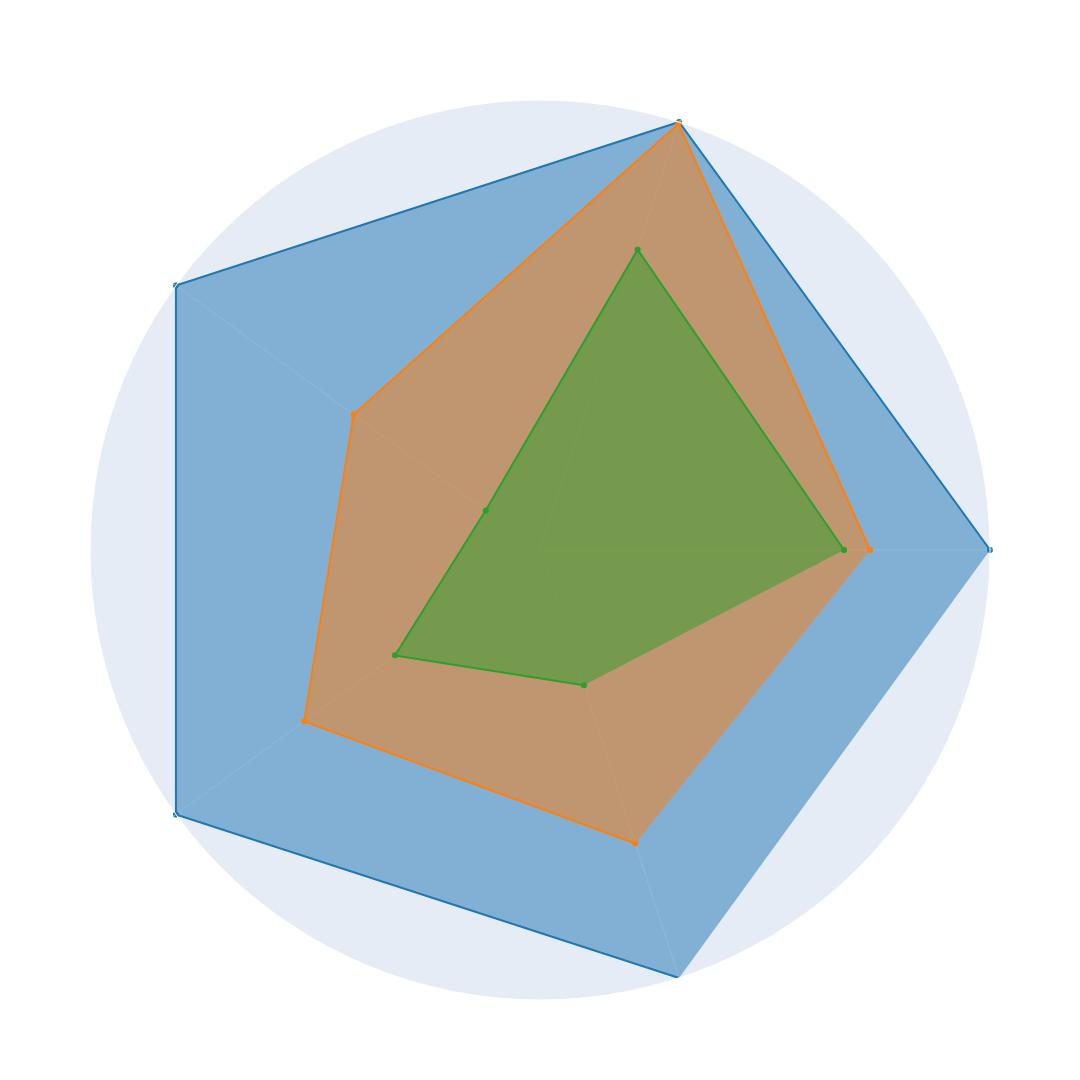The choice of the representations is essential for deep gait recognition methods. The binary silhouettes and skeletal coordinates are two dominant representations in recent literature, achieving remarkable advances in many scenarios. However, inherent challenges remain, in which silhouettes are not always guaranteed in unconstrained scenes, and structural cues have not been fully utilized from skeletons. In this paper, we introduce a novel skeletal gait representation named Skeleton Map, together with SkeletonGait, a skeleton-based method to exploit structural information from human skeleton maps. Specifically, the skeleton map represents the coordinates of human joints as a heatmap with Gaussian approximation, exhibiting a silhouette-like image devoid of exact body structure. Beyond achieving state-of-the-art performances over five popular gait datasets, more importantly, SkeletonGait uncovers novel insights about how important structural features are in describing gait and when do they play a role. Furthermore, we propose a multi-branch architecture, named SkeletonGait++, to make use of complementary features from both skeletons and silhouettes. Experiments indicate that SkeletonGait++ outperforms existing state-of-the-art methods by a significant margin in various scenarios. For instance, it achieves an impressive rank-1 accuracy of over $85\%$ on the challenging GREW dataset. All the source code will be available at https://github.com/ShiqiYu/OpenGait.
翻译:暂无翻译

